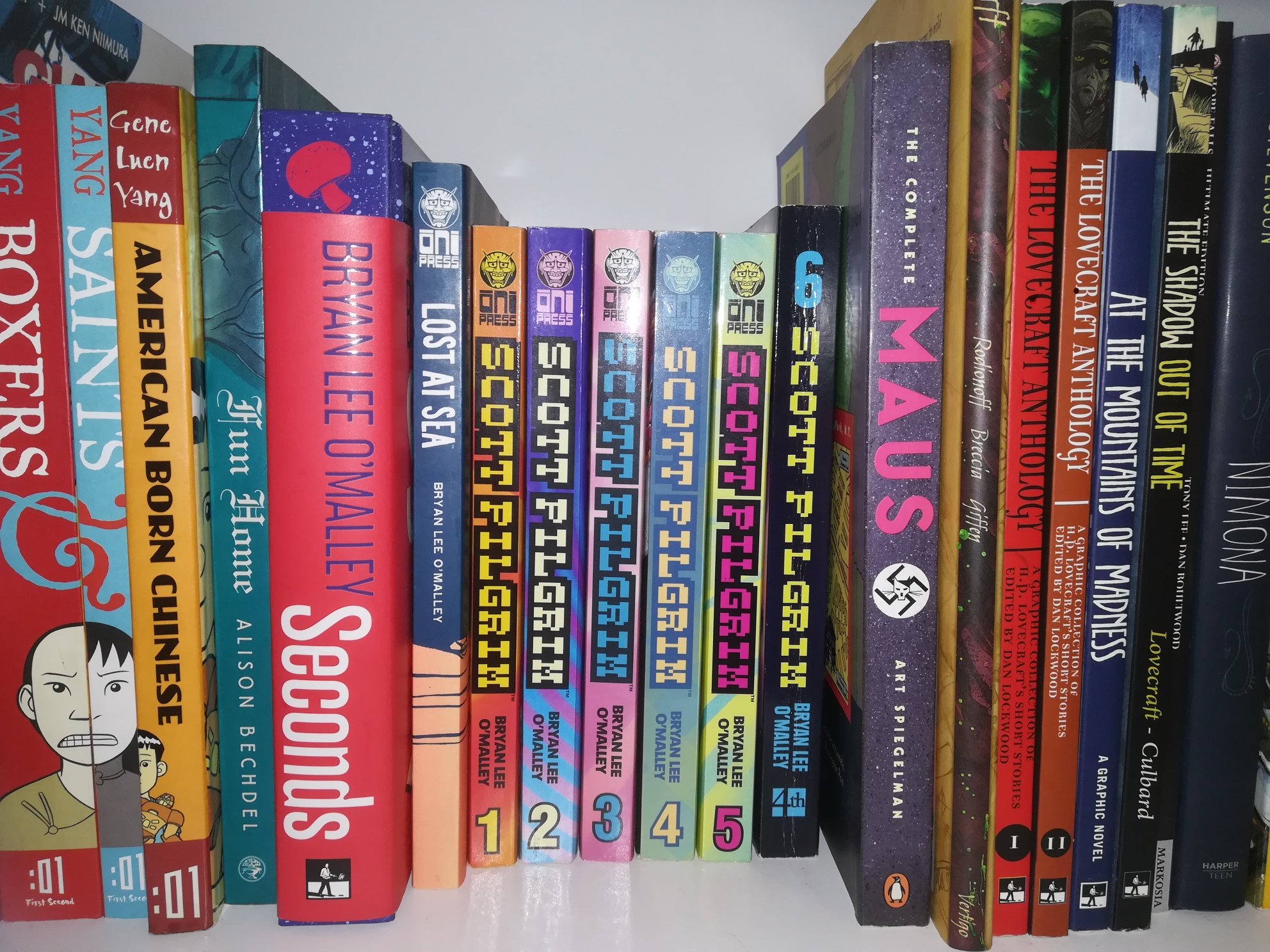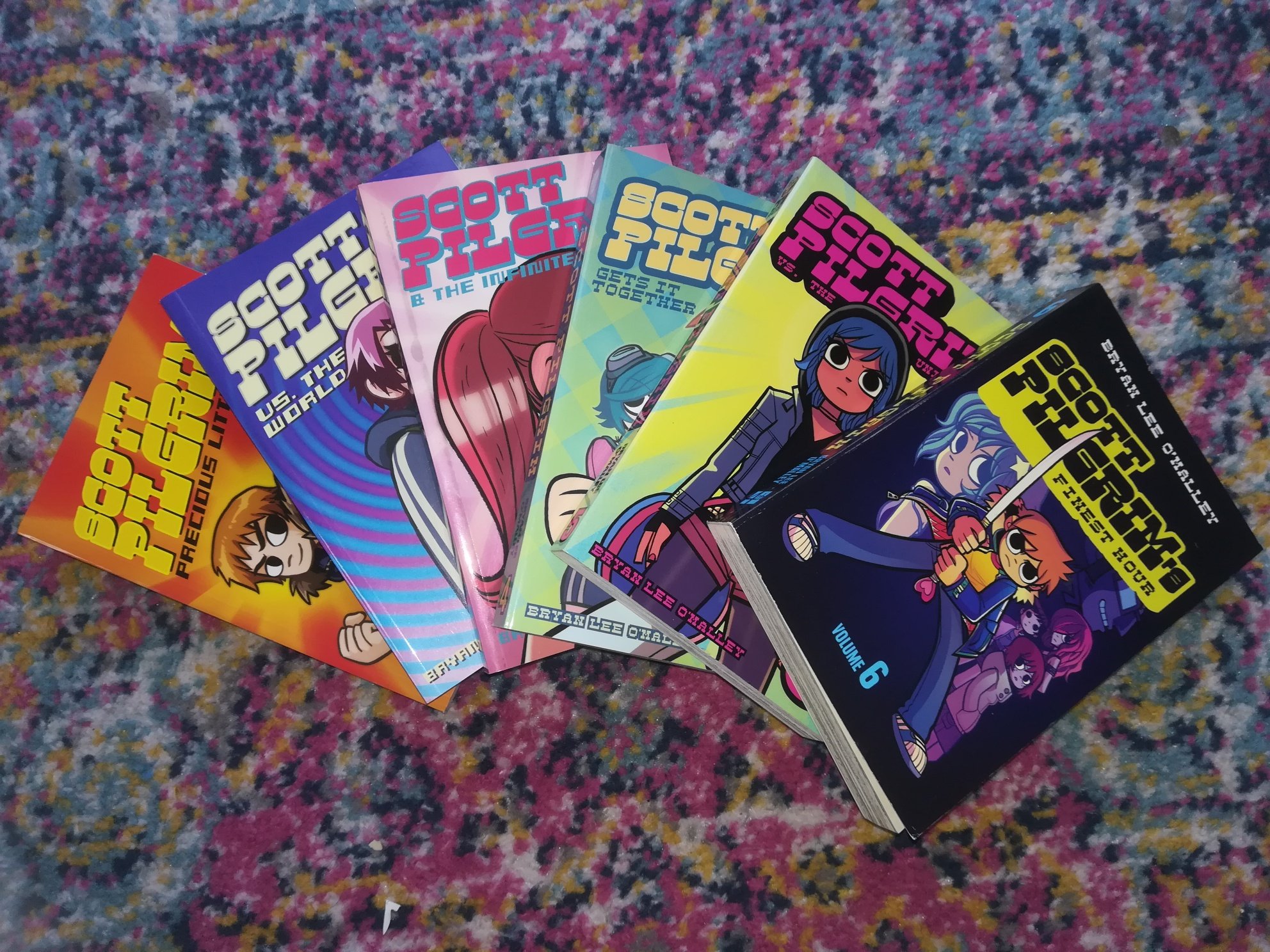Over the last decade, we have seen a huge rise in digital media. There are many pros and cons to this and I wrote an article several years ago, sharing my thoughts on the matter. In light of recent developments, I felt it pertinent to revisit the matter and discuss it again as the landscape has altered somewhat.
There were many positives to a digital only future, primarily the fact that it saves space and resources. For many, housing space is a premium so having a library of digital media means nothing physical is taken up. Also a lot of the time digital media is accessible from different location via online services like Netflix or the cloud, this makes it really convenient to access resources from many different locations and there is no risk that the digital media can be damaged, lost or stolen. Digital media can be cheaper to acquire the physical copies, especially when it comes rare or retro games. For example Mother on the SNES used to trade on eBay for over £100 but now is available from the Nintendo Online store for only £6.49.
Through digital, I’ve been able to buy rare or out of print copies of books (Ico, Parasite Eve), albums (Best of Popol Vuh Werner Herzog soundtrack and films (Ringing Bell and a lot of old Toho animation stuff).
As we can see, there are many pros for buying digital but I do have my concerns. Physical media has a resale value. With some games costing £70 on release now I like the fact that if I like it I can keep it in my collection but if don't or I don't think it is worth having permanently I can sell it on. I can afford now to keep all my physical games but as a child I depended on trading games in order to purchase the next game, otherwise there was no way I could have afforded it on my £2 a week pocket money.
However my concern with digital media is mostly to do with the legacy. PT, the now legendary free Silent Hills demo from Sony, is no longer downloadable on the PS Store. PS3s with the game installed are now much sought after collectors items which is nuts! Many games have been taken down from the iOS store, only downloadable to those who bought them initially and can download again but not for any new customers. Many modern games use online servers to play multiplayer, but after some time the servers are turned off meaning the multiplayer is no longer accessible.
With the removal of films and shows on streaming platforms, it is more likely than ever that content will be lost forever to the ether. With the gutting of TCM and the removal of shows and films from streaming services in a process of consolidation and profit maximisation I get why people are more interested in getting a hard copy of something they love; they don't want their favoured content to be lost forever to the ether. The fact that television shows are also being pulled from streaming services, movies are not even being distributed even when they are complete (Batgirl) or even being removed (HBO Max removing Westworld) is a worrying trend. How else are we going to be able to make documentaries and behind the scenes films years later if everything is digitally erased with no physical backup?
I bought the Switch release of Scott Pilgrim as a physical copy as licenced games are notorious for getting pulled from digital storefronts. Even worse, with Games As A Service games that don't keep raking in the moolah have their servers shut down. Now, I don't think anyone will pour one out for Babylon's Fall, but that's not the point. Yes, there are our friends on video sharing, torrenting and the bay of privateers, but we lose the surety that all is saved. Sure, not everything needs to be saved or can be saved but surely we can't just lose whole swathes of entertainment. Even stuff we have bought digitally can be removed from our libraries, just take the case of Discovery films and shows removed from PlayStation without much notice. It’s not theft apparently, as we are renting these products under the terms and conditions we sign up to, but we are digital serfs under the yoke of our digital landlords under this technofeudalism. Okay, maybe I’m exaggerating but the technocreep that is eroding our rights leads us down a Blade Runner and dystopian future. But its not all doom and gloom.
The internet creates tribes and ardent fans, there will always be someone or a small group who preserve something of interest and disseminate its. As a Mysterious Cities of Gold fan it was thanks to joining the Goldlist mailing list that I was kept up to date on developments on the new series. YouTube uploaders also preserve classics like Quatermass and emulators upload roms of classic and obscure games onto websites.
So the whole issue is pretty complex but for me physical media is the way for most ways to consume most media but there are occasions for digital media. I’ve been finding my collection of things I've accumulated over the years becoming unintentionally more valuable over time. I mean, it's nice to have stuff that's worth a fair bit but it means other stuff I would like is now probably going to remain unbought or collected. This is a first world problems for sure but one that has implications for the preservation of the arts.
LINK- Ico and SOTC: Reflections of a Gaming Life
LINK: Japan: My Journey to the East
LINK- The Future Starts Here: An Optimistic Guide to What Comes Next- Book Review
LINK- Nintendo: My One True Gaming Constant
LINK: Let’s All Create a ‘New Normal’.











